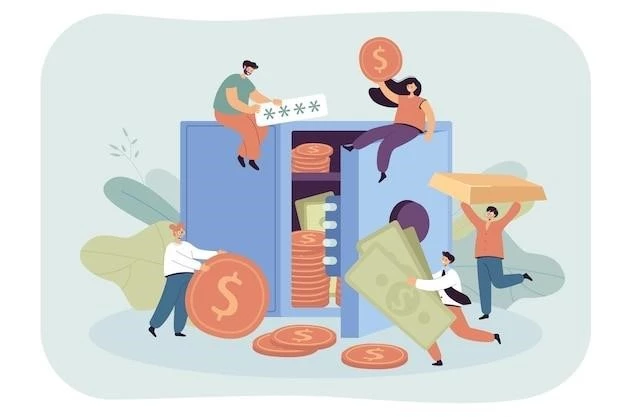Money. It’s something we all use, interact with daily, and often take for granted. But beyond its practical function as a medium of exchange, money holds a deep and intricate significance within our societies and cultures. It’s more than just paper or digits on a screen; it’s a reflection of our values, beliefs, and social structures.
As I delved into the social and cultural aspects of money, I started noticing its influence on my own life. I realized how money shapes my choices, from the clothes I wear to the places I travel. It dictates the opportunities I have access to and the social groups I’m a part of.

Money as a Social Status Symbol
Money, in many cultures, is closely intertwined with social status. It’s a language that speaks volumes about one’s position in society. I’ve witnessed firsthand how people are often judged based on their financial standing, whether it’s the car they drive, the clothes they wear, or the neighborhood they live in. This creates a hierarchy where those with more money often wield more power and influence.
Take, for example, the way I approach networking events. I’m more likely to engage with someone who appears financially successful, hoping to build connections and learn from their experience. It’s a subconscious bias that I’m trying to actively combat, but the reality is that money plays a significant role in shaping social interactions.

The Cultural Influence of Money
Money is also deeply ingrained in our cultural identities. It influences our values, beliefs, and even our art. In many cultures, wealth is seen as a sign of success and achievement. The media often perpetuates this idea by portraying affluent individuals as glamorous and desirable. This can lead to a culture of consumerism, where people are driven by the desire to accumulate more and more material possessions.
On the other hand, some cultures place more emphasis on community and shared resources. They may view wealth as a responsibility to be shared with others. This can create a very different social dynamic, where cooperation and generosity are valued over individual accumulation.
The Impact of Money on Relationships
Money can also have a profound impact on our relationships. It can be a source of stress, conflict, and even resentment. I’ve seen how financial struggles can put a strain on marriages and families. The constant pressure to make ends meet can lead to arguments and feelings of inadequacy. Conversely, financial security can provide a sense of stability and freedom, allowing couples to focus on other aspects of their relationship.
I’ve also witnessed how money can be used to manipulate and control others. I’ve seen people use their wealth to gain power and influence over those less fortunate. This can create a system of inequality where the wealthy maintain their position at the expense of others.
Moving Beyond Money
While money plays a significant role in our lives, it’s important to remember that it’s not the only thing that matters. Our relationships, our values, and our contributions to society are equally important. By focusing on these aspects of our lives, we can move beyond the limitations of money and build a more just and equitable society.
My journey of understanding the social and cultural significance of money has been enlightening. It’s made me more aware of the subtle ways money influences my thoughts, actions, and interactions. It’s also motivated me to find ways to use my own resources to make a positive impact on the world, beyond simply accumulating more wealth.










